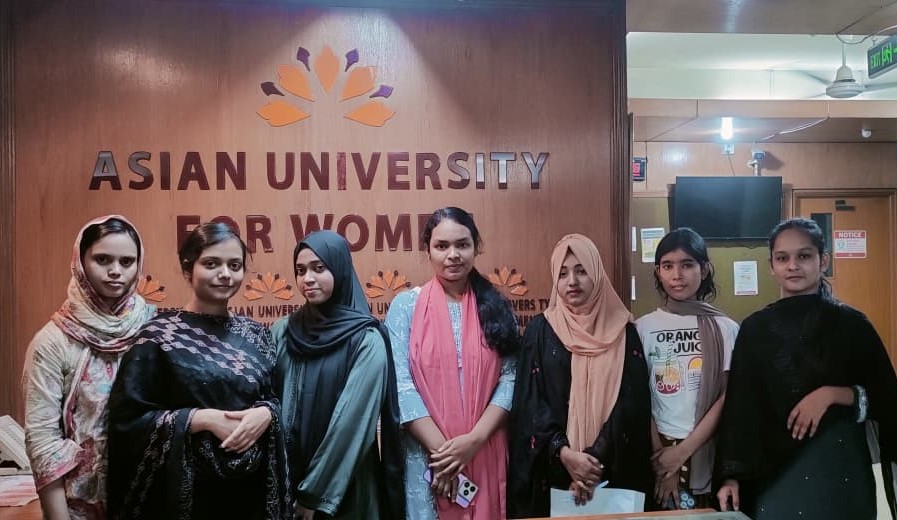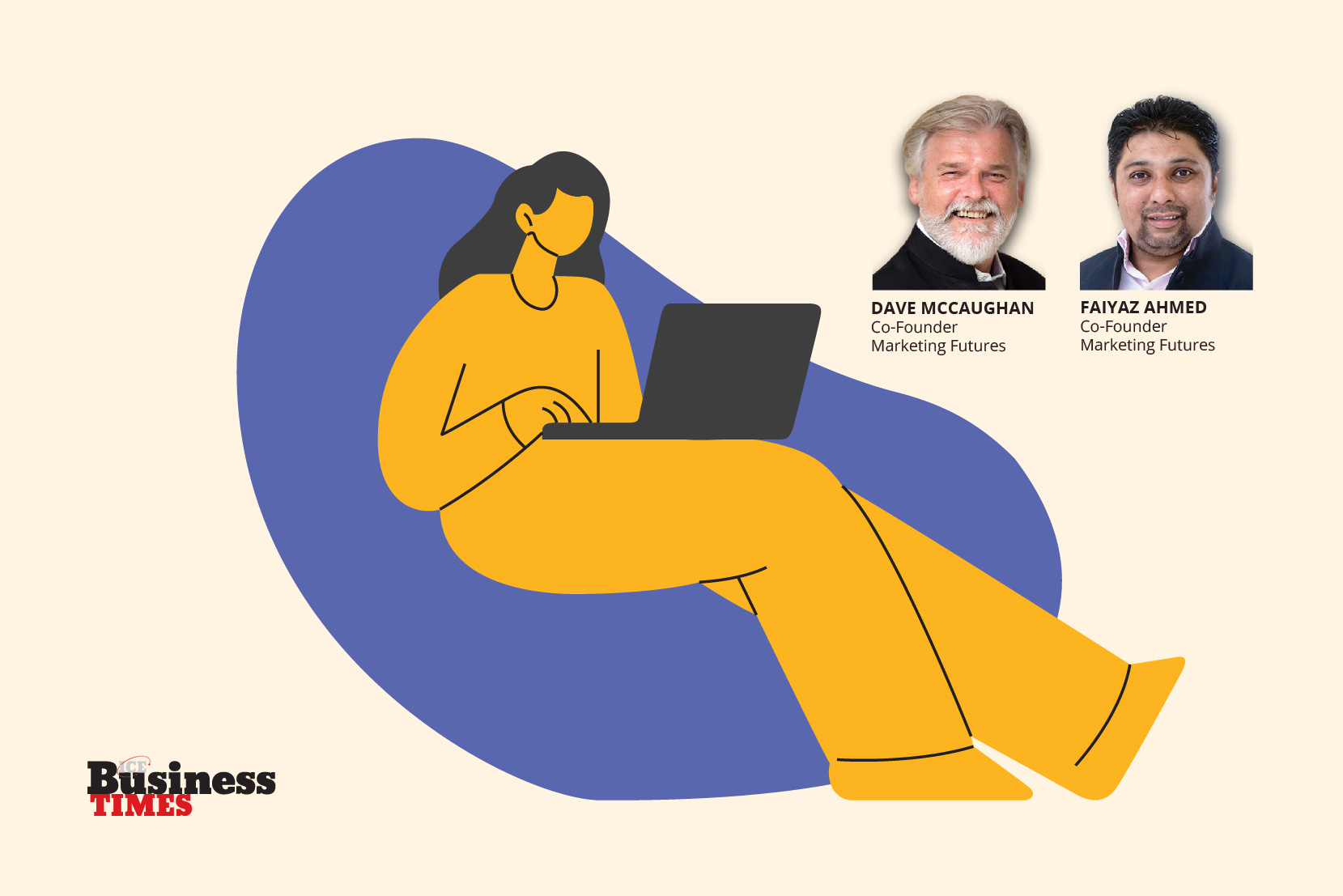The most important thing that we Bangladeshis can begin to do for ourselves: to find out our history and celebrate how far we have come since 197
“Who are we?” It is a question that is raised by every community, the answers to which determine the basic functions of daily life and the pace of economic development. Heavily dependent on social media, we now spend more and more time in a virtual world, where we constantly constructing our multiple identities. This question of identity is a primitive one and in this modern age, it is marked by the digital divide and cultural fragmentations, and with our globalized economic systems being fuelled by neo-colonialist capitalist forces, this question is only becoming increasingly relevant.
In his book, Who Are We, American Historian Samuel P Huntington identified how the West influences the East and he considers the challenges the US face in the context of national identity. When discussing the issue of America’s identity, or the lack of it, Huntington points out that while the country often appeared as `a nation of immigrants,’ he concludes that America’s founders were settlers, not migrants. Defining the American creed as an embodiment of the “principles of liberty, equality, individualism, representative government, and private property,” Huntington refuses to acknowledge how these same principles justified white supremacist views.
On the same note of glorifying the West as the ultimate agent of change, Francis Fukuyama, in his books, The End of History and The Last Man, argues that the advent of western liberal democracy may signal the end of humanity’s socio-cultural evolution. Utterly in contradiction with Karl Marx’s predictions, Fukuyama’s argument is Hegelian: he contends the triumph of capitalism and a world where Western liberal democracy is universalized as the final form of government.
Conversely, in the eastern hemisphere, Rabindranath Tagore and his contemporaries had a far more modern outlook on the issues of identity, nationalist principles and internationalism. Tagore rightly identified that we are a diverse and multicultural group of people and that economic progress is a driving force in improving living standards. As Bengalis, we are all too familiar with a widening economic gap between the rich and the poor, and the consequences of such blatant economic discrimination is perhaps best illustrated by the 1947 Partition of India.
When understanding the Bangladeshi identity, one has to look before 1971, even before 1947, even perhaps beyond the history of when India was under Mughal rule. For hundreds of years, this region has seen great migrations, shifts in power and the changes in state language several times over. One cannot deny that attempts to subdue the Bengali culture and language and the resultant fragmentation constitutes an important part of our identity: like when, in his address to the British Parliament on February 2, 1835, Lord Macaulay proposed to form “a class of persons Indian in blood and color, but English in tastes, in opinions, in morals and in intellect. To that class we may leave it to refine the vernacular dialects of the country, to enrich those dialects with terms of science borrowed from the Western nomenclature, and to render them by degrees fit vehicles for conveying knowledge to the great mass of the population.” Or when in 1962, the students of Dhaka University achieved martyrdom in protest to Jinnah’s oppressive declaration that Urdu would be sole state language.
Like Macaulay, many other intellectuals throughout history and even today, use their intelligence and education, not to share the knowledge and promote equality, but to suppress and break down the cultural and socio-economic infrastructures of other countries to maximize profits, for themselves and the governments they serve.
The most important thing that we Bangladeshis can begin to do for ourselves: to find out our history and celebrate how far we have come since 1971, when Henry Kissinger mocked us, calling Bangladesh “bottomless basket” to being able to finance the Padma River independently. We really need not worry about proving ourselves to anyone, but rather understand we need not fear our inadequacy, but celebrate our being powerful beyond measure.
Asaduzzaman is the feature writer of ICE Business Times.















